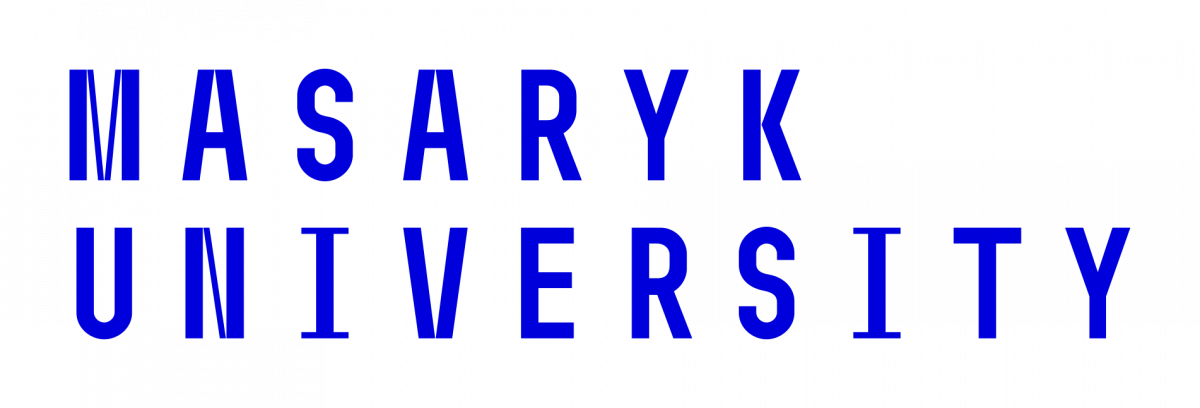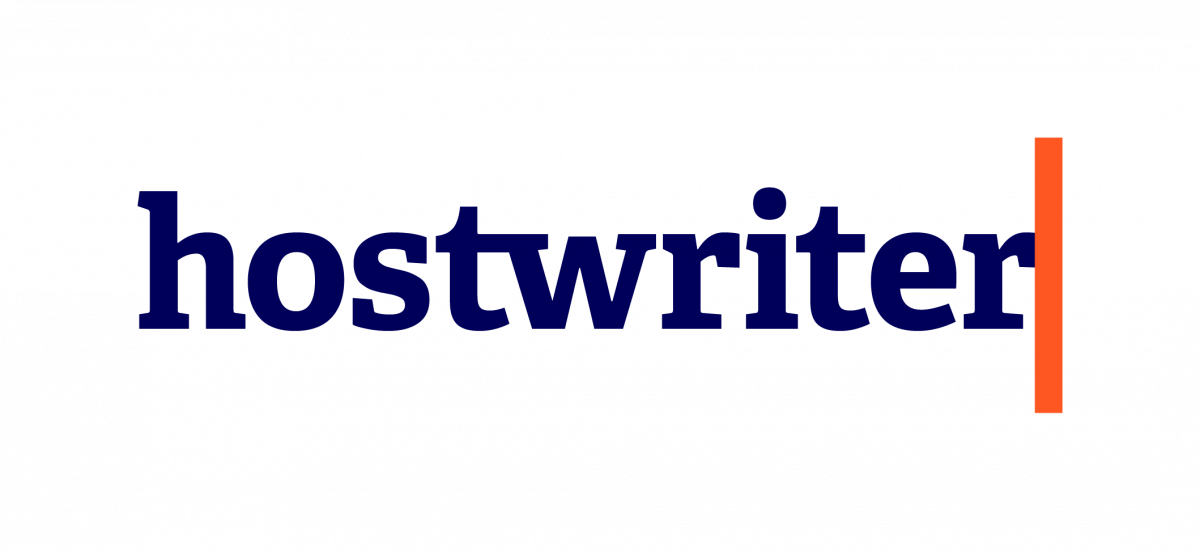Media ethics deals with problems of moral principles and values concerning the operation and content of the media. This includes not only the ethics of journalism, but also broader areas such as the ethics of filmmaking, photography or advertising. There are several principles in journalistic ethics. One of the most important ethical norms is the objectivity of journalists: a journalist must be factual, check the information and present it in a balanced way.
At the same time, protection and reliability of sources are essential, and methods of obtaining information must be correct. The practice of journalism should pay attention to the boundary between the public and private spheres. The press can act as a threat to privacy when it publishes information that is purely private: the right to privacy can be contrary to free speech.
Another important ethical principle of journalism is harm avoidance: journalists shall not offend individuals or social groups and their worldview must not be distorted by prejudices. Other forms of bias can be caused by interests: the journalist shall not be influenced by his or her own personal interests, nor by political, governmental, or business interests. Journalists must represent the public interest, although this concept is difficult to define.
On digital media platforms, previous problems often appear in new forms, which have also posed new ethical challenges for online journalism. For example, the use of amateur, user generated content, anonymous sources, or the possible manipulation of images make it difficult to verify the reliability of sources. The speed of Internet communication has developed a new online policy on the accuracy of reports: checking and improving them is often parallel to publication. The use of hyperlinks and other Internet resources has led journalism to create new ethical standards for quoting texts and plagiarism. Due to possible offensive and harmful opinions, editorial offices were forced to check their readers’ comments. Similarly, serious ethical and legal issues arise in relation to media marketing and data mining practices in the digital media environment, while online newspapers can do business with their readers’ data. Appropriate privacy policies of organizations and legal regulation can ensure the protection of personal data, like the European Union's General Data Protection Regulation (GDPR).









